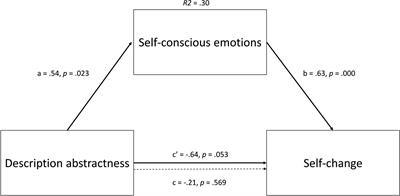ORIGINAL RESEARCH
Published on 16 Jul 2019
Motivated Attention in Climate Change Perception and Action
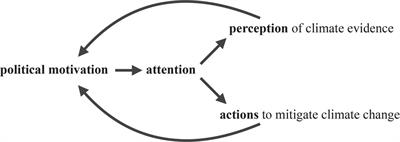
doi 10.3389/fpsyg.2019.01541
- 24,241 views
- 66 citations
33k
Total downloads
362k
Total views and downloads
ORIGINAL RESEARCH
Published on 16 Jul 2019

ORIGINAL RESEARCH
Published on 18 Jun 2019
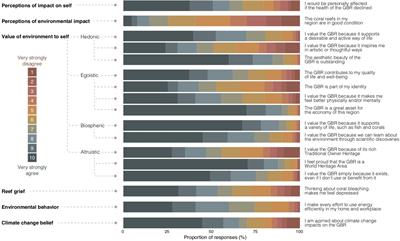
ORIGINAL RESEARCH
Published on 15 May 2019

ORIGINAL RESEARCH
Published on 07 May 2019
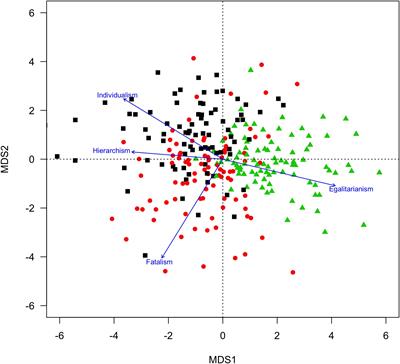
PERSPECTIVE
Published on 04 Mar 2019
ORIGINAL RESEARCH
Published on 22 Feb 2019
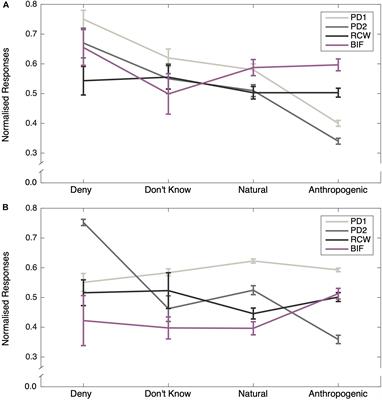
ORIGINAL RESEARCH
Published on 11 Feb 2019

ORIGINAL RESEARCH
Published on 30 Nov 2018
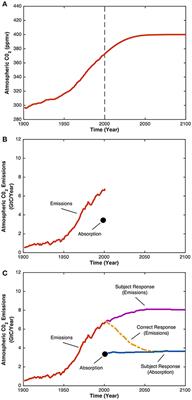
ORIGINAL RESEARCH
Published on 29 May 2018
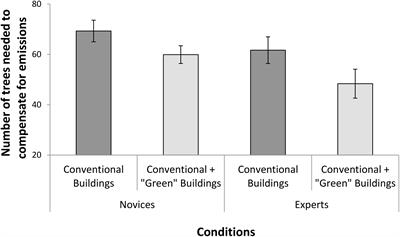
ORIGINAL RESEARCH
Published on 01 May 2018
